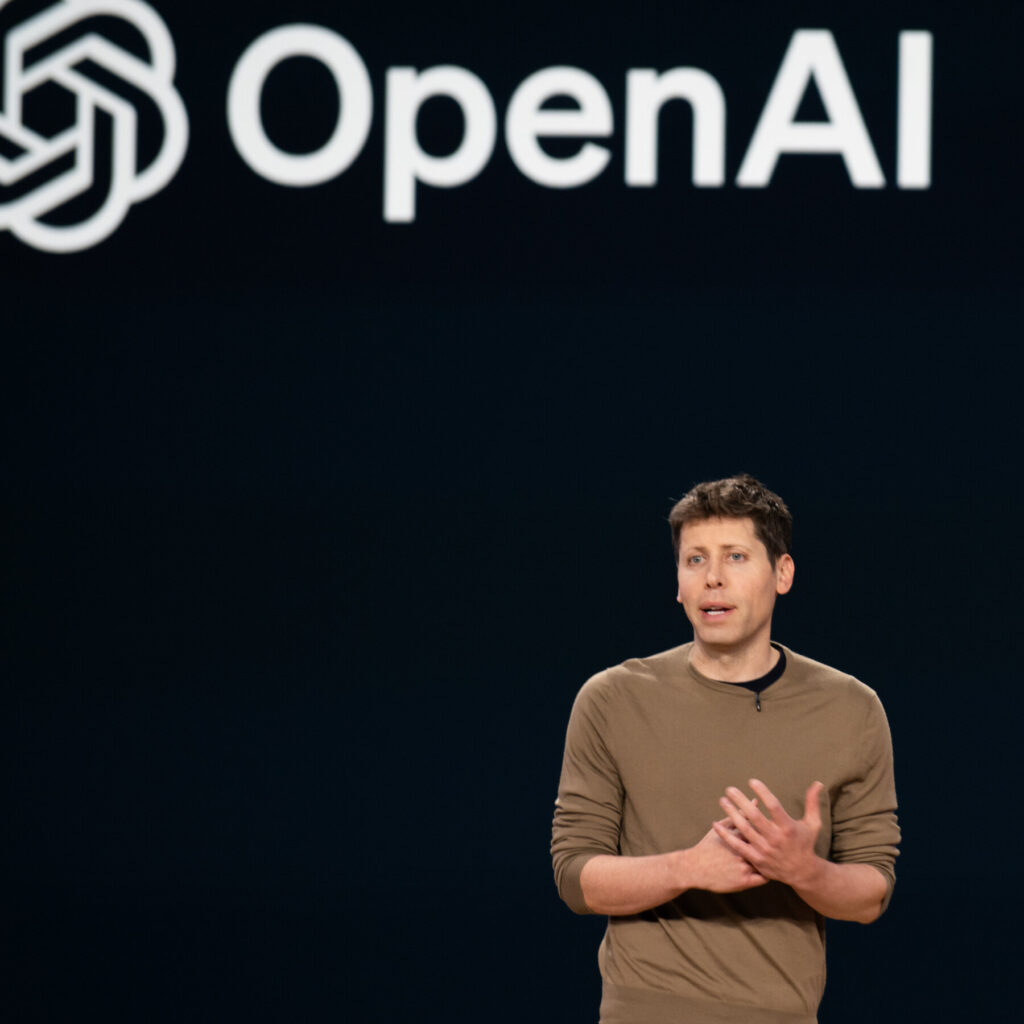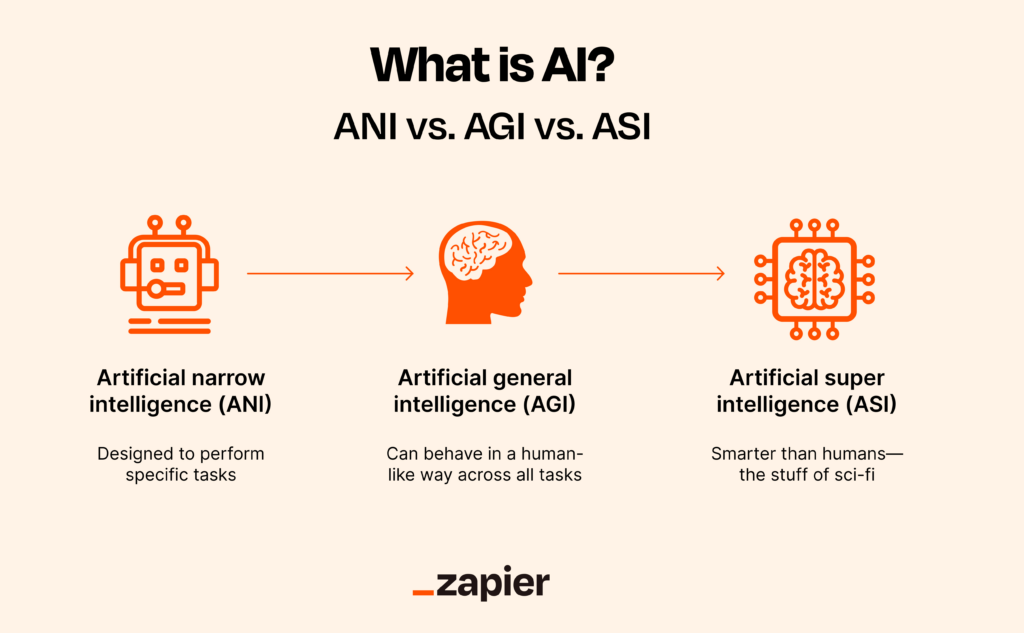OpenAI, the company behind ChatGPT, has captured global attention with its fast-paced developments and ambitious goals. Recently, it raised its valuation to $157 billion, driven by new investments that add momentum to its growth and impact in the AI industry. Besides this financial leap, OpenAI introduces innovative tools like Canvas for code translation and a voice assistant creation toolkit, expanding its AI applications for both developers and consumers.
What’s Happening & Why This Matters
OpenAI’s Rising Valuation and Investment Details
OpenAI’s valuation doubled to $157 billion following a recent funding round, adding $6.6 billion from high-profile investors. Led by Thrive Capital with a $1.25 billion contribution, the round also saw substantial investments from Microsoft, SoftBank, Nvidia, and UAE-based MGX. Microsoft, already deeply invested in OpenAI, contributed nearly $1 billion. These funds hinge on OpenAI’s conversion to a fully for-profit structure, moving away from its hybrid nonprofit model. Notably, Apple entered discussions but decided not to invest this round. The minimum threshold for investors was set at $250 million, underscoring OpenAI’s growing clout.
With new funds, OpenAI strengthens its AI leadership against rivals like Google, Anthropic, and Meta. ChatGPT alone attracts 250 million active users weekly, with over 11 million subscribing to paid services. Around 1 million businesses also use OpenAI’s technology, emphasizing its importance in enterprise applications and consumer tech. Despite internal tensions over the company’s mission shift, OpenAI’s momentum and strategic investments keep it on course toward its vision of achieving artificial general intelligence (AGI).

OpenAI Canvas: Seamless Code Translation and Editing
OpenAI introduced Canvas, a tool designed to streamline code translation across multiple programming languages. Canvas enables users to convert code from JavaScript to languages like Python, TypeScript, PHP, C++, and Java with minimal effort. By providing in-line suggestions and feedback, Canvas assists developers in debugging, commenting, and refining code, acting like a virtual code reviewer. Canvas also includes a rollback feature, allowing users to revert to previous versions with a simple interface.
The tool’s development presented challenges for OpenAI’s team, such as determining when Canvas should activate for tasks. For instance, the model learned to trigger Canvas for structured tasks, like blog post generation, while avoiding general Q&A activations. This approach maximizes efficiency in code editing and conversion, making it a valuable asset for developers seeking to enhance productivity and reduce error rates.
Voice Assistant Creation Toolkit
OpenAI unveiled an easy-to-use voice assistant creation toolkit, aiming to simplify voice-enabled app development. Announced at its DevDay event, this toolkit offers developers tools to integrate voice commands into various applications, broadening the scope of AI’s real-world applications. The toolkit aligns with OpenAI’s mission to make AI more accessible and useful, allowing developers to leverage GPT’s conversational strengths in voice-based interfaces.

At this year’s DevDay, CEO Sam Altman’s absence from the keynote marked a shift in the event’s tone, emphasizing the company’s technology over individual leadership. The DevDay event featured demonstrations, breakout sessions, and community showcases, focusing on OpenAI’s evolving capabilities. Altman participated in a closing fireside chat, sharing optimistic insights on OpenAI’s journey towards AGI.
TF Summary: What’s Next
OpenAI’s surge in valuation and investor confidence reflects the company’s strong position in the AI market. Its expanded toolkit, including Canvas and voice assistant tools, enhances AI’s practical applications for developers, solidifying OpenAI’s impact across industries. As OpenAI shifts towards a for-profit model, it balances growth with its AGI ambitions, promising further innovation in the AI landscape. The next steps may see OpenAI broadening its partnerships and refining user-centered AI tools, all in the service of advancing accessible, high-functioning artificial intelligence.


